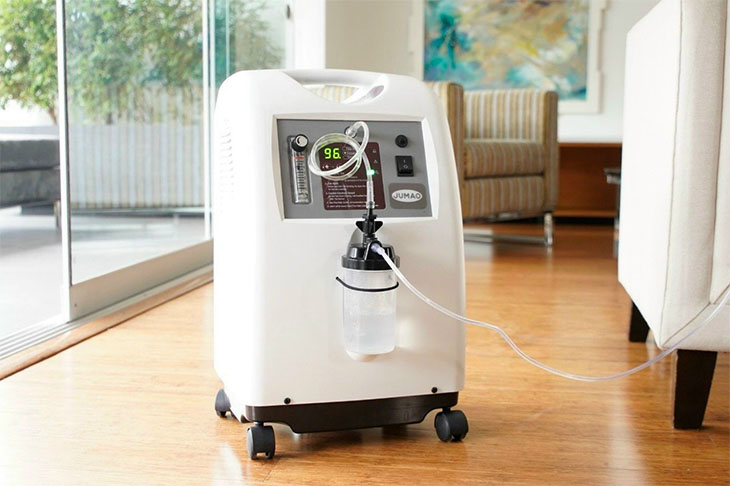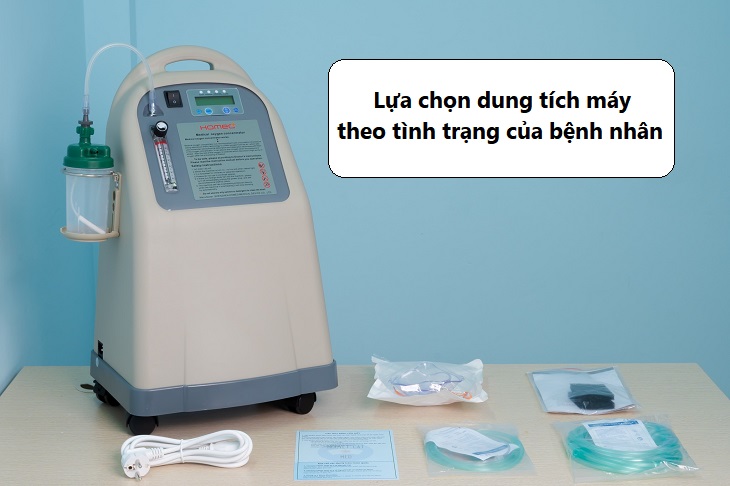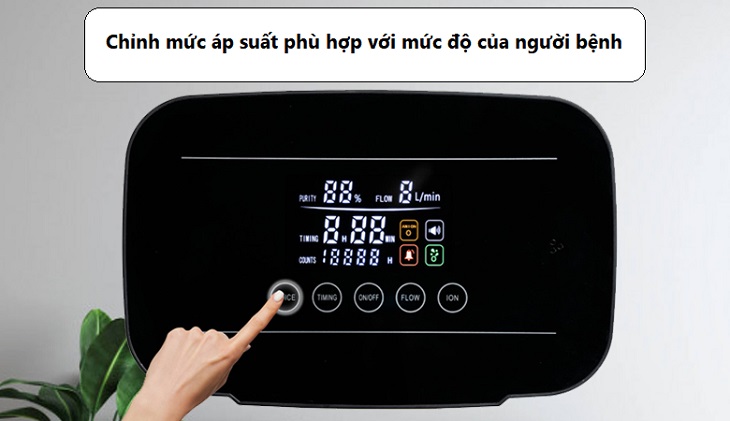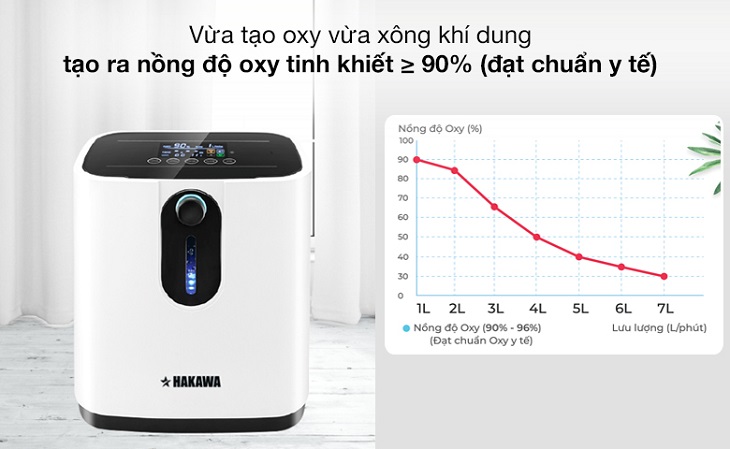Common Mistakes Users Make When Using Oxygen Generator Machines
Incorrect Dosage Usage
It is common for family members to adjust the oxygen dosage for patients without consulting a respiratory specialist. However, this can be dangerous as it may lead to respiratory suppression if the dosage is increased too much, or difficulty breathing and fatigue if the necessary amount of oxygen is not provided.

Not Following the Guidance of a Respiratory Specialist
It is not recommended to use an oxygen generator machine at home based on the advice of family members or friends. Each patient’s condition is unique and requires the support and monitoring of respiratory specialists. If any unusual symptoms occur, it is important to seek medical attention immediately.

Lack of Knowledge on the Proper Use of Oxygen Breathing Aids
As oxygen generators are medical devices, users may make mistakes such as improper cleaning of the humidifier bottle and oxygen breathing aids, not knowing when the oxygen supply will run out, or improper storage leading to damage and explosions. Proper education and instruction on the use of these devices are essential.

Tips for Proper and Effective Use of Oxygen Generator Machines
Consult with a Respiratory Specialist
Prior to using an oxygen generator machine for patients with respiratory-related illnesses, it is recommended to consult with a respiratory specialist for proper advice. The dosage and usage of oxygen should be carefully monitored to avoid potential complications.

Choose the Appropriate Machine Capacity Based on the Patient’s Condition
When selecting an oxygen generator machine, it is important to consult with a doctor to determine the suitable machine capacity and usage time for the patient. Using an incorrect capacity may worsen the patient’s condition or result in wasteful spending.

Adjust the Oxygen Pressure Level According to the Patient’s Condition
Based on the patient’s condition and physical attributes, it is necessary to adjust the oxygen pressure level accordingly. However, it is recommended to seek assistance from respiratory specialists to ensure the safety and effectiveness of the treatment.

Check the Quality of the Machine
When purchasing an oxygen generator machine, it is important to check the origin of the product and ensure that it can continuously provide oxygen. Additionally, checking the noise level and oxygen purity level is crucial. A product with an oxygen concentration meeting the requirements of the Ministry of Health (90-96% purity) is recommended.

Schedule Regular Check-ups to Evaluate Treatment Results
During the usage of an oxygen generator machine, regular communication with respiratory specialists is important to monitor and provide necessary support to the patient. It is advised to have the patient’s health checked every 6 months at large hospitals or visit local medical stations for re-diagnosis and appropriate treatment plans.



































